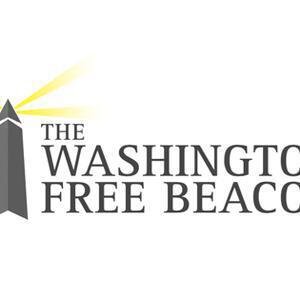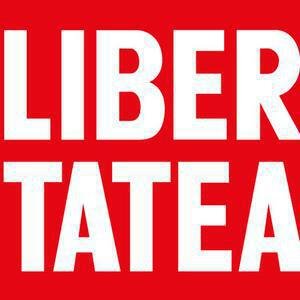Tensions between the U.S. and Israel flared on Monday, March 25, as the United Nations Security Council passed a resolution calling for an immediate cease-fire in Gaza, with the United States abstaining from the vote. The move by the U.S. prompted Israeli Prime Minister Benjamin Netanyahu to cancel a trip to the U.S. by two of his top advisers.
Netanyahu criticized the U.S. decision to abstain from the vote and said that the Israeli delegation was no longer visiting, citing the change in American position and its potential impact on Israeli war efforts against Hamas.
Despite vetoing similar efforts in the past calling for a cease-fire, the U.S. decided not to interject on the most recent vote. However, while the U.S. did allow for the resolution to pass, White House national security adviser John Kirby explained the American position.
“We want to get in a place where we can support the resolution,” Kirby said. “But because the final text does not have key language that we think is essential, like a condemnation of Hamas, we could not support it. Though, because it really does reflect in our view that a ceasefire and the release of hostages come together, we abstained.”
The U.S. had reportedly proposed a resolution on Friday, March 22, that would have allowed for a cease-fire in exchange for the release of Israeli hostages. However, the U.S. resolution failed after China and Russia vetoed the proposal.
The U.N. resolution demands a cease-fire for the month of Ramadan, and the unconditional release of Israeli hostages, as well as aid into Gaza. The vote comes amid tensions over a potential Israeli military operation in Rafah. The U.S. has urged Israel to explain how it will protect Palestinians who stay there, warning an invasion would be a mistake.
Kirby expressed disappointment that the Israeli delegation would no longer be visiting Washington and said it was an opportunity to talk about potential operations in Rafah. According to CNN, Israel’s national security adviser Tzachi Hanegbi and Ron Dermer, a member of the war cabinet, were originally scheduled to visit Washington.
However, separately, Israel has reportedly agreed to a U.S. proposal on a prisoner-hostage exchange deal, which would see the release of Palestinian prisoners in exchange for Israeli hostages.











































![Russia Today [🇷🇺-affiliated] logo](https://groundnews.b-cdn.net/interests/d3a6b2444d4740f3e75a430e54a0cb4d24ee6cc6.jpg)

























































